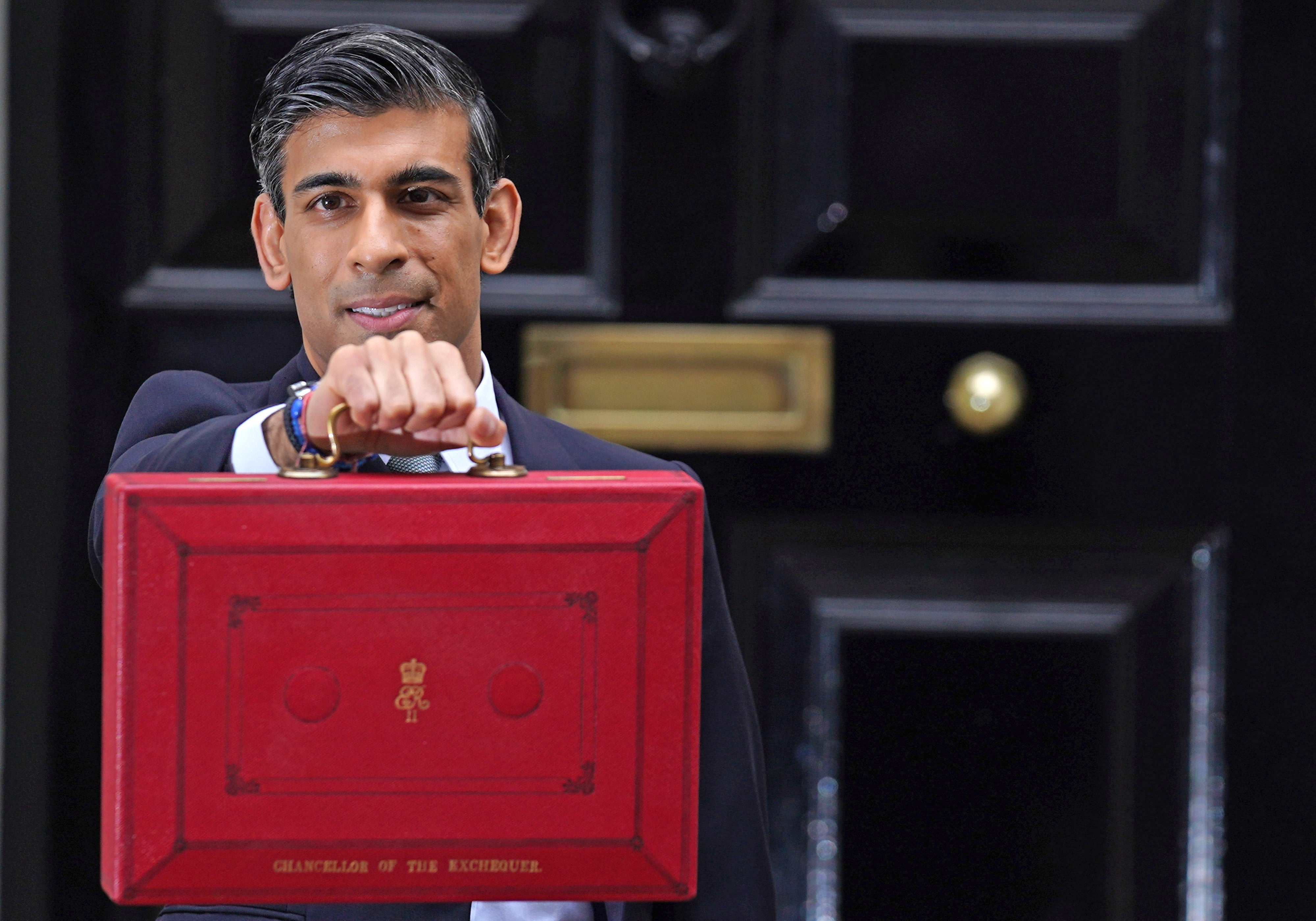Inflation could soon hit highest level in three decades, government spending watchdog warns
Office for Budget Responsibility’s forecasts show that incomes will stagnate and that Brexit will be twice as bad for GDP as the pandemic

Inflation could soon reach its highest level for three decades, pilling pressure on living costs and eating into the chancellor’s kitty for future budgets, according to government spending watchdog, the Office for Budget Responsibility (OBR).
A host of factors including global and Brexit supply chain disruption could push price growth close to 5 per cent next year, and will average 4 per cent, the OBR said. The risk of reaching a peak of around 5 per cent matches the figure suggested by Bank of England chief economist Hugh Pill last week.
Higher prices will hold back households’ spending power in the months and years ahead. Inflation will “weigh on income growth in both 2021 and 2022” the OBR said, resulting in an 0.8 per cent annual growth rate on average over the next five years.
“The coming year will also be a difficult one for living standards. For example, for middle earners rising inflation and tax rises mean their real take home pay is set to fall by around 1 per cent,” said Paul Johnson, director of the Institute for Fiscal Studies.
Torsten Bell, Chief Executive at the Resolution Foundation, said that higher inflation would “all but end income growth next year”.
Some of the causes of inflation were global, but others were more domestic, the OBR said. These included a world-wide increase in energy prices and shortages such as semi-conductor chips used in electronics. However, there were specific self-inflicted issues in the UK may have made things worse.
“In the UK, these supply bottlenecks have been exacerbated by changes in the migration and trading regimes following Brexit,” it said in its outlook for the UK economy.
Market expectations that the Bank of England will imminently hike its key interest rate in order to contain inflation have taken a chunk out of the chancellor’s future headroom, the OBR said.
“Combined with news about inflation and energy prices since we closed the forecast, we estimate that the Chancellor’s headroom has already been reduced by £1.9 billion,” it added.
While overall the scarring of effect of the pandemic was reduced to 2 per cent, down from 3 per the UK’s economic growth still faced an uncertain future. It was still recovering from the twin supply shock of the pandemic and Brexit, the OBR said.
However, despite Covid-19 triggering severe recessions in a host of major developed economies, it would likely prove to be Brexit that would have the greatest impact on growth in the long term, the OBR and other economists suggested.
“I’m pretty confident that the impact of Brexit in the long run will be greater than Covid,” said John Springford, deputy director at the Centre for European Reform told The Independent.
Mr Springford’s modelling of the impact of Brexit on the UK’s trade with the EU was used to help inform the OBR’s analysis.
Richard Hughes, chairman of the OBR, said, in response to a question from The Independent, that the UK’s “plain vanilla trade agreement” with the EU compared with “not very significant offsetting effects from trade agreements with other countries, which meant we left the 4 per cent loss of potential output assumption over the medium term in our forecast”.
That compared with the most recent OBR estimate of GDP being 2 per cent smaller as a result of the pandemic, Mr Hughes said. Half the damage of the increased trade barriers with the EU. Imports and exports were down roughly 10-15 per cent with the EU post-Brexit and since the pandemic, compared with a smaller fall of around 7 per cent with the rest of the world.
“We’re less connected to the outside world than we used to before and this is as a result of the fact it’s become harder to trade with our critical trading partner”, he added.
Join our commenting forum
Join thought-provoking conversations, follow other Independent readers and see their replies
Comments